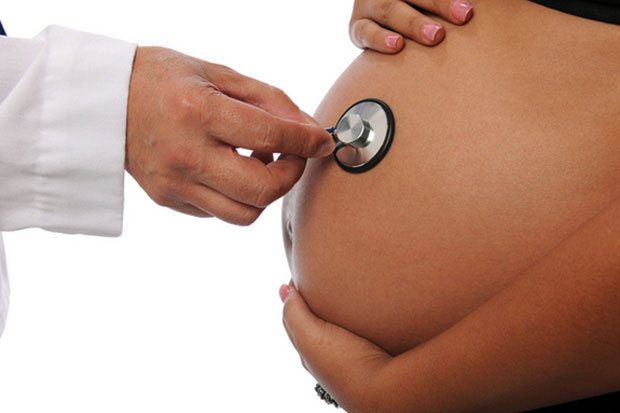Obese Expectant Mothers at Increased Risk of Preterm Birth

Women who are obese during pregnancy may be at increased risk of giving birth too early, a new study from Sweden suggests.
In the study, obese women were more likely than normal-weight women to give birth to extremely premature babies — those born between 22 and 27 weeks of pregnancy. (Pregnancy typically lasts 40 weeks.)
In addition, the more obese a woman was, the greater her risk of preterm birth was, the study found. For women with severe obesity — defined as having a body mass index (BMI) between 35 and 39.9 — the risk doubled, and for women with extreme obesity (a BMI of 40 or higher), the risk was triple that faced by normal-weight women (those with a BMI between 18.5 and 24.9).
Although these increases in risk were considerable, very few babies are born this prematurely. Most obese women in the study did not give birth to extremely premature babies.
In the study, extremely premature birth occurred in 0.17 percent of normal-weight women, 0.21 percent of overweight women, 0.27 percent of mildly obese women, 0.35 percent of severely obese women and 0.52 percent of extremely obese women.
Still, "considering the high morbidity and mortality among extremely preterm infants, even small absolute differences in risks will have consequences for infant health and survival," the researchers wrote in the June 12 issue of the Journal of the American Medical Association.
The study found an association, and cannot prove a cause-effect link between obesity and premature birth. However, the findings agree with the results of previous studies that have also shown such a link.
Sign up for the Live Science daily newsletter now
Get the world’s most fascinating discoveries delivered straight to your inbox.
Obesity is known to increase the risk of "medically indicated" premature birth — that is, premature birth that is deliberately initiated by doctors, with a cesarean section or by inducing labor. This is because obesity increases the risk of medical disorders in pregnancy, such as preeclampsia and gestational diabetes.
However, the new study also found a link between severe obesity and spontaneous extremely premature birth.
The study examined information from more than 1.5 million births in Sweden between 1992 and 2010. Overall, about 5 percent of babies were born prematurely (before 37 weeks of pregnancy), including 4.36 percent who were moderately premature (between 32 and 36 weeks), 0.47 percent who were very premature (between 28 and 31 weeks) and 0.23 percent who were extremely premature.
The findings still need to be confirmed in other populations, the researchers said.
Because obesity in pregnancy can increase the risk of health problems for the mother and the baby, experts recommend that obese women limit their weight in pregnancy. The Institute of Medicine recommends normal-weight women gain 25 to 35 lbs. during pregnancy, overweight women gain 15 to 25 lbs. and obese women gain 11 to 20 lbs.
Follow Rachael Rettner @RachaelRettner. Follow LiveScience @livescience, Facebook & Google+. Original article on LiveScience.com.

Rachael is a Live Science contributor, and was a former channel editor and senior writer for Live Science between 2010 and 2022. She has a master's degree in journalism from New York University's Science, Health and Environmental Reporting Program. She also holds a B.S. in molecular biology and an M.S. in biology from the University of California, San Diego. Her work has appeared in Scienceline, The Washington Post and Scientific American.









